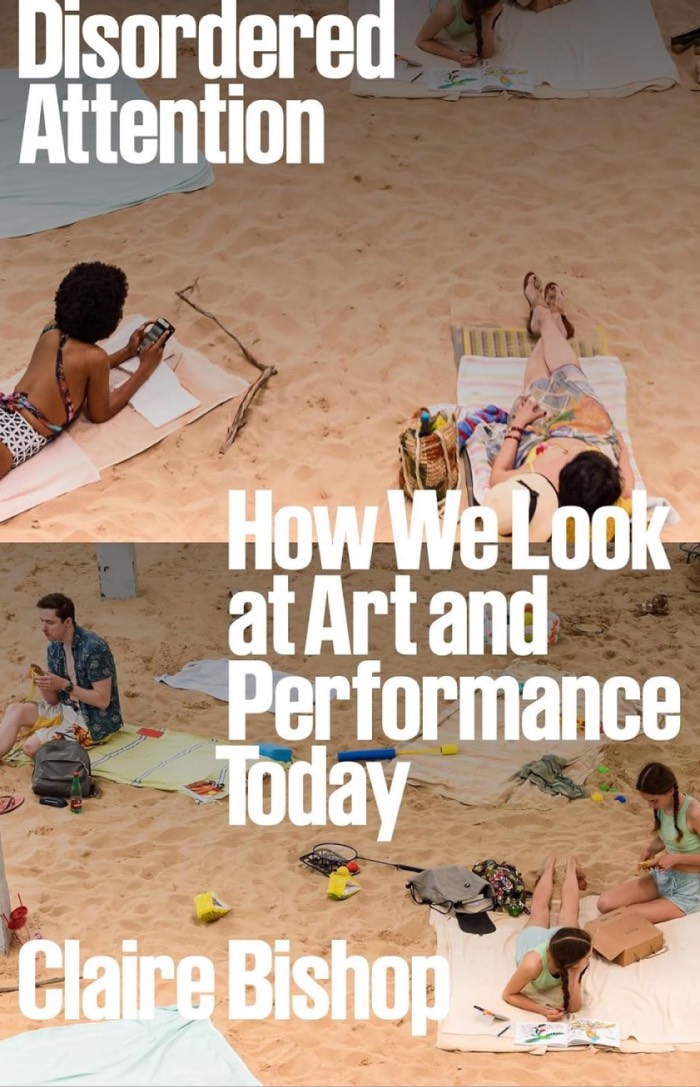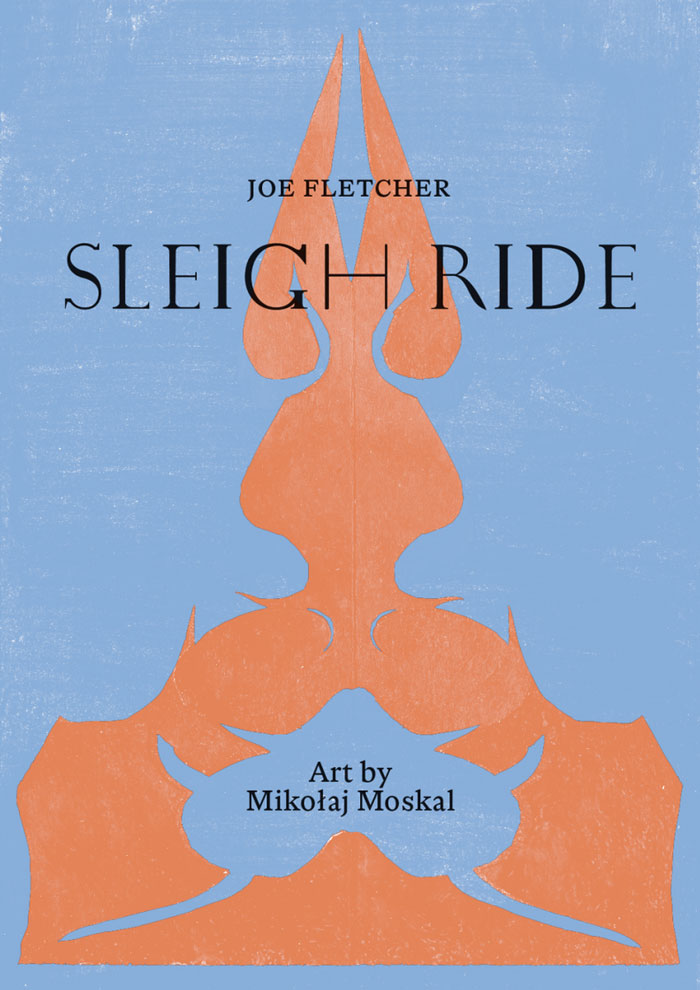
Lilith, Losing, Lavender
Lilith, Losing, Lavender: A love letter to love, is a publication based on stretching the subjectivities in love from the formulation I love You, as a way of seeing what is under the gaze of western romantic ideas and heteropatriarchal structures that may reveal problems in language about love.
It gathers a collection of texts written throughout the artistic research trajectory of Andrea Zavala Folache. With different narrative styles as diary, love letters, score instructions, this collection imbricates ideas of love, art and life as an essay about conditions of attachment.
In the interstice of several practices as dance, writing and drawing and different spaces as the dance studio, the atelier, the classroom, the theatre and the white cube, Andrea’s research focuses on non chronological dramaturgies for the emergence of surprise or unexpectedness.
Published 2021.
Language: English







